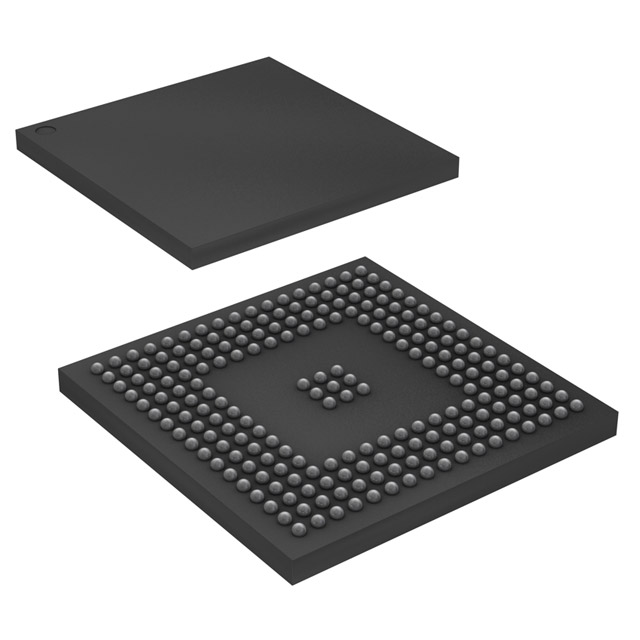- Online chat

MCP2515T-I/SO
The MCP2515T-I/SO is a CAN (Controller Area Network) controller IC from Microchip Technology, designed to provide robust communication capabilities for CAN 2.0A/B protocol-based systems. Housed in a compact 8-pin SOIC package, this device operates over an industrial temperature range of -40°C to +85°C and supports data rates up to 1 Mbps. It acts as a standalone CAN controller, interfacing with a microcontroller via an SPI bus to manage message transmission, reception, and network monitoring, making it ideal for embedded systems requiring reliable serial communication.
Key Features
This controller integrates a flexible message RAM with 2 transmit buffers, 2 receive buffers, and 2 masks/filter registers, enabling efficient message filtering and prioritization. It supports automatic retransmission of corrupted messages and includes built-in error detection, acknowledgment handling, and bus-off recovery features. The MCP2515T-I/SO operates with a supply voltage of 2.7V to 5.5V and features low-power modes (e.g., sleep mode) to extend battery life in portable applications. Its SPI interface supports clock frequencies up to 10 MHz, ensuring fast configuration and data transfer.
Applications
Primarily used in automotive electronics, industrial automation, and robotics, the MCP2515T-I/SO is essential for applications such as engine control units (ECUs), factory automation systems, and IoT devices requiring CAN bus connectivity. It is widely employed in sensor networks, smart grid infrastructure, and medical devices where real-time, fault-tolerant communication is critical. Its compact size and SPI compatibility simplify integration into microcontroller-based designs for space-constrained embedded systems.
Summary
The MCP2515T-I/SO delivers reliable CAN bus communication with advanced error management and flexible message handling, making it a cornerstone for industrial and automotive IoT systems. Its compatibility with a wide voltage range, low-power operation, and SPI interface enable seamless integration into embedded designs, ensuring robust data transmission in harsh environments. This controller is indispensable for engineers developing CAN-enabled devices requiring high reliability and efficient resource utilization.







